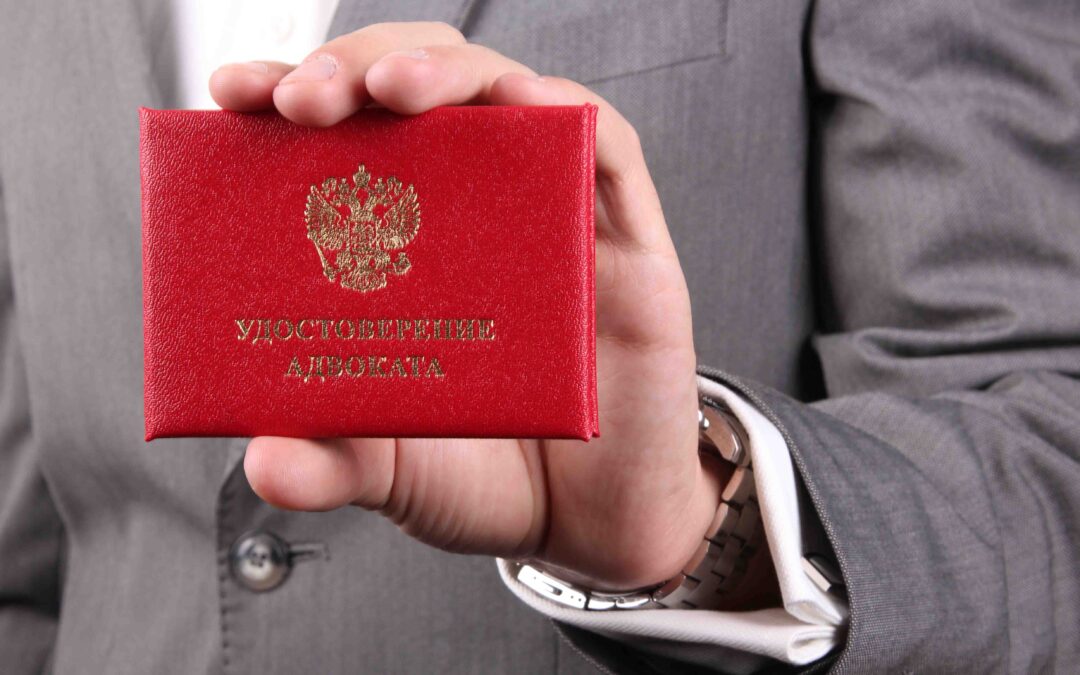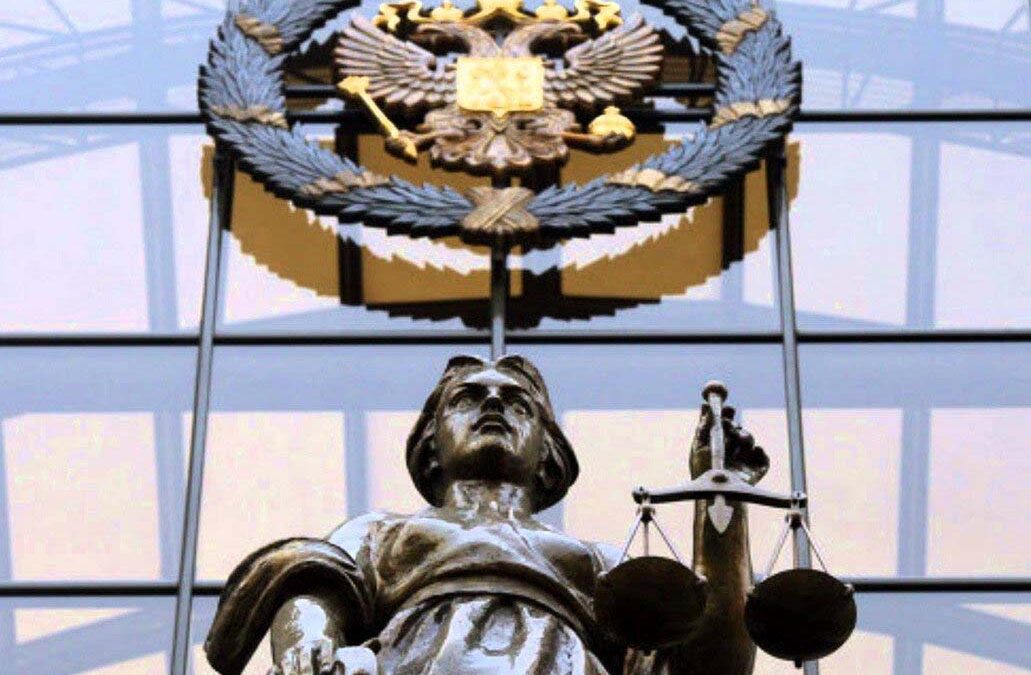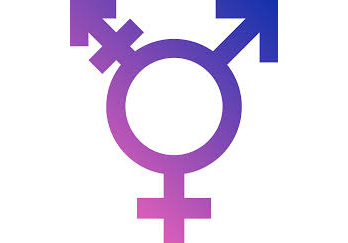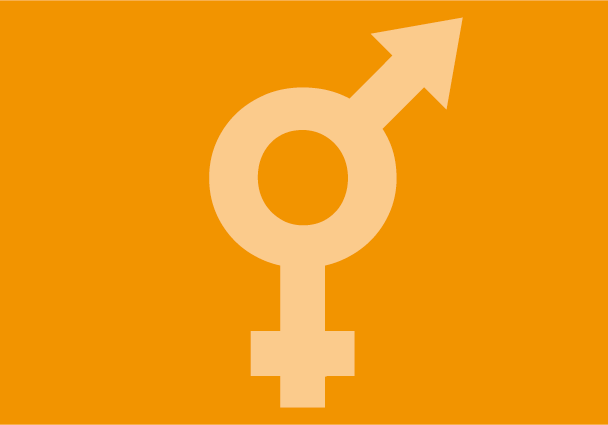
Apr 25, 2016
In this submission, the ICJ provides comments on the Draft Federal Law “On amending certain legislative acts of the Russian Federation concerning ensuring the right of a lawyer to collect data necessary for providing qualified legal assistance” No 993553-6 (Draft Law).
The comments are provided in light of international law and standards on the role of lawyers and are informed by the ICJ report Towards a Stronger Legal Profession in Russia published in December 2015.
The document addresses the following issues: a “lawyers’ query”, a new legal tool which intends to empower defence lawyers to make requests for data and information; admission of evidence gathered by lawyers to be included in the case-file; the lawyers’ certificate which grants access to state buildings and the related issue of obstruction of lawyers’ access to their clients; ethical standards of lawyers and the problem of “pocket lawyers” in the Russian Federation.
Russia-Comment on Lawyer draft law-Advocacy-Analysis brief-2016-ENG (full text in English, PDF)
Russia-Comment on Right of Lawyer Law-Advocacy-Analysis brief-2016-RUS (full text in Russian, PDF)
Photo: Russian lawyer’s ID. Credit: http://minjust.ru/

Apr 19, 2016
Today, the ICJ has provided comments on the Draft Resolution of the Plenum of the Supreme Court of the Russian Federation “On judicial practice of application of legislation regulating the issue of disciplinary responsibility of judges”.
The comments focus on a number of issues in the disciplinary system that the ICJ considers to be of particular importance in this regard.
The ICJ recommended that the Draft Resolution should, in particular:
– Clarify further the definition of disciplinary misconduct;
– Prohibit disciplinary action for judicial decisions of judges; and
– Clarify further the very exceptional nature dismissals of judges.
These comments and recommendations draw on the ICJ’s report and recommendations Securing justice: the disciplinary system for judges in the Russian Federation published in 2012 following a mission to the Russian Federation.
The report made a series of recommendations for specific and practical measures designed to advance the process of reform of the judicial disciplinary system in the Russian Federation.
Among other things the report concluded that “comprehensive reforms of the [disciplinary] system [were] needed to establish a judiciary that is an effective guardian of the Rule of Law, complies with international standards on the judicial independence, and is a reliable guarantor of the right to a fair hearing”.
Russia-Recommendaitons on Draft Resolution-Advocacy-Analysis Brief-2016-ENG (full text, in PDF)
Russia-Recommendaitons on Draft Resolution-Advocacy-Analysis Brief-2016-RUS (full text, in PDF)

Apr 15, 2016
The Indian government must ensure protection of rights of transgender people in line with its international obligations and the seminal ruling of the Supreme Court in National Legal Services Authority (NALSA) v. Union of India, the ICJ said in a briefing paper released today.
“While there has been some progress over the past two years since the NALSA judgment, it is not enough,” Sam Zarifi, ICJ’s Asia Pacific Director said. “India must take steps to immediately implement all directions of the Supreme Court, and ensure that transgender persons in India can enjoy the full range of their human rights, free from discrimination and violence”.
“The directions in the NALSA judgment provide an important charter for transgender rights in the country,” Zarifi added. “It is time for the government to uphold the equality and dignity of transgender persons in India, and enable them to fully enjoy their human rights, free from discrimination and violence”.
The ICJ’s briefing paper addresses questions regarding the scope of the NALSA decision; the government’s role and responsibility in implementing it; what implementation steps have been taken so far and other related developments since the judgment; what the significant gaps in implementation have been; and India’s relevant international human rights law obligations.
Background
On 15 April 2014, the Indian Supreme Court released its judgment in the NALSA case.
Grounding its reasoning in the rights to equality, non-discrimination, freedom of expression and dignity, the Court affirmed transgender persons’ right to their self-identified gender, such as male, female or as third gender, and directed the government to grant legal recognition of the same and to take specific steps to ensure equality and non-discrimination for transgender persons.
It has now been two years since the NALSA decision.
But the Indian Central and state governments have still not implemented some of the core directions set out in the judgment.
For example the basic process of accessing legal gender recognition remains unclear, with individuals being forced to navigate a dizzying array of bureaucratic hurdles.
India has ratified several international human rights instruments that require the government to respect, protect and fulfill the right to equality and non-discrimination for transgender people.
Contact:
Danish Sheikh: t +91 8197979171
Sanhita Ambast: t +91 9810962193
India-Q&A NALSA-Advocacy-Analysis brief-2016-ENG (full brief, in PDF)

Apr 4, 2016
The ICJ, the European Council on Refugees and Exiles and Amnesty International present their joint briefing on the Proposal for a Regulation of the European Parliament and of the Council on the European Border and Coast Guard.
Europe-Cost Guards-Advocacy-Analysis Brief-2016-ENG (full paper in PDF)

Mar 24, 2016
The Indian Supreme Court should decriminalize consensual same-sex relations when it reviews its December 2013 decision in the Suresh Kumar Koushal case, said the ICJ in a briefing paper released today.
The judgement of this case is upholding the constitutionality of the criminalization of consensual same-sex relations under section 377 of the Indian Penal Code (IPC),
The briefing paper answers some key questions arising from the Supreme Court’s referral earlier this year of its Suresh Kumar Koushal decision to a five-judge bench of the Court, based on the Court’s acknowledgment that the case involved issues with “constitutional dimensions”.
“The referral has opened up a significant new chapter in this critically important litigation, which has been ongoing since 2001”, said Sam Zarifi, ICJ’s Asia-Pacific Director. “The Supreme Court has the opportunity to ensure that this archaic and discriminatory law is taken off the statute book for good”.
The ICJ’s briefing paper answers questions regarding the nature of the Supreme Court’s referral in this case through a curative petition. It also sets out the issues in the case that are currently before the Court; the history of this particular litigation; and India’s international obligations around these issues.
“It is time to move beyond the injustice of the Suresh Koushal Case,” Zarifi said. “Holding section 377 unconstitutional would have enormous transformative value for LGBT rights in the country and beyond.”
“It would set the stage for the full recognition of LGBTI rights as human rights, as required by international human rights law, by which India is bound,” he added “in particular, the principles of non-discrimination, equality before the law and equal protection of the law.”
Background
Section 377 of the IPC makes it a criminal offence for “[w]hoever voluntarily has carnal intercourse against the order of nature with any man, woman or animal”.
It has been interpreted to apply to consensual same-sex sexual relations. It has also been used as a tool of harassment and intimidation against sexual and gender minorities in India.
By allowing the criminalization of consensual same-sex conduct, section 377 has facilitated numerous human rights violations, including non-discrimination, equality before the law, equal protection of the law, liberty and security of person, free expression, health, and privacy.
Under international human rights law, India is bound to respect, protect and fulfill all these rights.
India-Q&A art 377-Advocacy-Analysis brief-2016-ENG (full briefing paper, in PDF)









